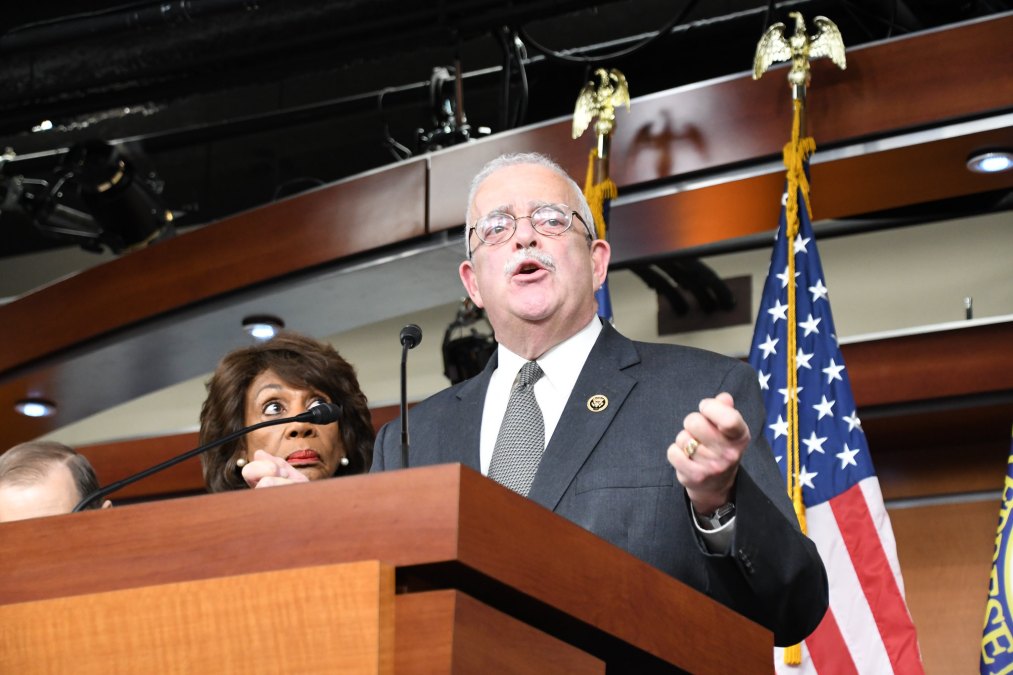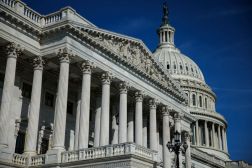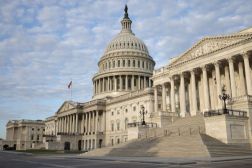Connolly, Maloney push for $9B boost to Technology Modernization Fund

House Democrats are reigniting perennial efforts to boost funding for the Technology Modernization Fund as the new Biden administration makes IT and cybersecurity modernization a top priority.
Democratic Reps. Carolyn Maloney of N.Y., the chairwoman of the House Committee on Oversight and Reform, and Virginia’s Gerry Connolly, head of the Subcommittee on Government Operations, authored a letter to House leadership asking for a $9 billion emergency injection into the TMF under the next COVID-19 relief package.
“The federal government’s consistent failure to prioritize IT modernization and program delivery prevented the public from receiving the federal assistance Congress authorized to help the nation stay afloat during one of the worst global pandemics and economic crises of our lifetime,” the members wrote in their letter to leadership. “Without modern and nimble IT systems, the federal government cannot deliver critical payments and services to individuals, families, and businesses who rely on them.”
The letter was also signed by Reps. Jamie Raskin, D-Md., Eleanor Holmes Norton, D-D.C., Robin Kelly, D-Ill., John Sarbanes, D-Md., Jackie Speier, D-Calif., and Ro Khanna, D-Calif.
While the number is steep compared to the TMF’s past levels of fundings, it has the president’s backing. Prior to taking office, Biden’s transition team called for giving the fund $9 billion to help launch integral shared IT and cybersecurity services across government, particularly as the federal enterprise looks to recover from the devastating SolarWinds Orion breach and enhance its security.
Previous COVID relief packages initially included billions for the TMF, but the money was cut from the final bill. The fund, which was created in 2017 as a central pot for agencies to turn to for high-priority modernization projects, had $150 million appropriated to it to date. That’s “far short” of what is needed, according to the letter.
“We must begin to address IT investments now, or we will continue down the same path as before unable to deliver critical services to the public at a time when our country needs it the most,” the letter says.
The letter does not mention the SolarWinds hack directly but says that government networks remain vulnerable if legacy systems continue to be neglected. The letter also says that antiquated IT networks are to blame for the slow pandemic response, from dispersing stimulus benefits to the public to COVID data tracking.






